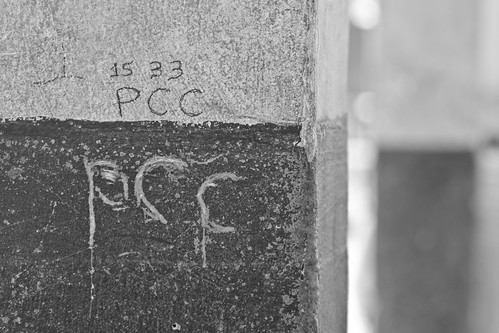
In recent years, São Paulo, Brazil has like many other Latin American cities, been held up as a model of public security for other cities in the global South. Dramatic declines in homicides by more than 80% in some urban districts, has created a sense that the city is safer than ever. By extension, many have supposed and some explicitly argued that heightened public security policies are the reason for such declines.
A recent spate of hundreds of homicides, killings by the police force (known until recently as resistencias seguida de morte), and assassinations of police officers, tells a much different story. This violence lays bare the sub-structure of homicide regulation in the city. Since the early 2000’s, São Paulo’s decline in homicides has been intimately intertwined with the increasing influence of a non-state armed group known as the Primeiro Comando da Capital (PCC). The PCC, which controls many of the historically violent parts of the city, has its own regulation of death. This underscores the breakdown of the monopoly on violence in the city and exposes the relative impossibility of public policy advancement. More importantly, though, this new wave of violence reveals the degree of insecurity in this city where those most responsible for delivering public security policy – the police – are not secure.
